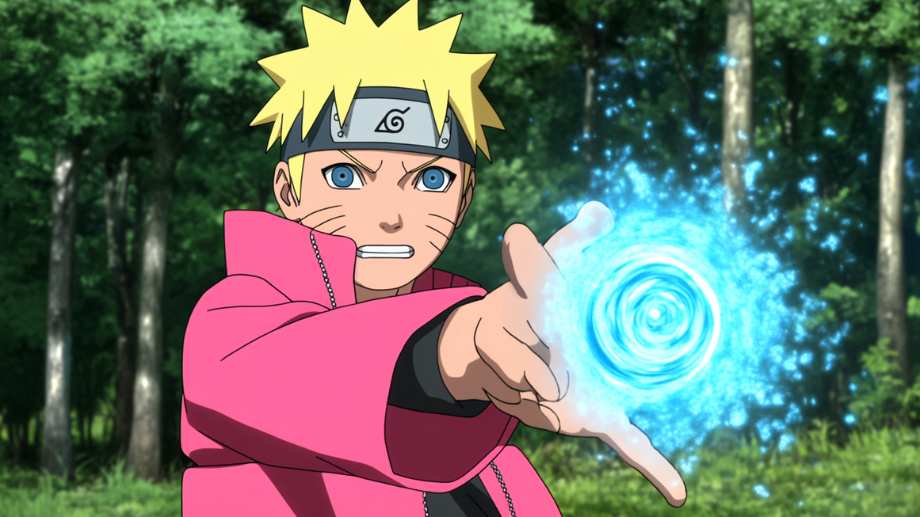The Naruto franchise has been a cornerstone of anime culture for decades, captivating audiences with its intricate storytelling, unforgettable characters, and thrilling ninja battles.
When Boruto: Naruto Next Generations was announced, fans were eager to see the continuation of the beloved series. While Boruto successfully builds upon its predecessor’s foundation, it also stumbles in certain areas.
Here, we explore 5 things Boruto does better than Naruto—and five aspects where it falls short!
What Boruto Does Better Than Naruto!
1. More Advanced and Modern Worldbuilding

One of Boruto‘s strongest points is its depiction of a technologically advanced world. The Hidden Leaf Village has evolved into a bustling metropolis with modern conveniences like trains, video games, and scientific ninja tools.
This evolution feels natural, reflecting the passage of time since Naruto’s generation. In contrast, Naruto‘s world was more traditional and underdeveloped in terms of infrastructure.
2. Better Work-Life Balance for Shinobi
The ninja system in Boruto allows shinobi to enjoy personal lives alongside their missions.
Unlike Naruto’s generation, where ninjas were constantly on the battlefield, Boruto and his friends have time to engage in hobbies, build relationships, and even attend school with a structured curriculum.
This adds depth to the characters and makes them feel more relatable.
3. Stronger Female Character Development
While Naruto had great female characters, many of them were underutilized.
Boruto does a much better job of giving characters like Sarada Uchiha, Sumire Kakei, and even Hinata Hyuga more agency and relevance in the story.
Sarada, in particular, is depicted as an ambitious and well-rounded kunoichi striving to become Hokage.
4. More Complex Villains and Motivations
Boruto introduces more morally gray antagonists compared to the black-and-white villains in Naruto.
The Otsutsuki Clan’s celestial origins and their intricate motives make them formidable foes.
Characters like Kawaki also blur the line between friend and enemy, adding depth to the conflicts.
5. A More Thoughtful Approach to War and Conflict
Unlike Naruto’s generation, which was engulfed in war, Boruto showcases a more peaceful yet fragile society.
Instead of constant large-scale battles, the series explores political alliances, covert operations, and how new threats arise in a seemingly stable world.
This provides a fresh perspective on the consequences of past conflicts.
What Boruto Gets Wrong!
1. The Overuse of Scientific Ninja Tools
While technology is an exciting addition to the series, the overreliance on scientific ninja tools undermines traditional shinobi skills.
Tools like Karma and ninja gadgets sometimes make battles feel less skill-based and more reliant on external aids, removing the essence of hard-earned power progression seen in Naruto.
2. Boruto’s Initial Lack of Struggles
Unlike Naruto, who had to work hard to gain respect and strength, Boruto starts off as a naturally talented prodigy.
His privileged background as the Hokage’s son makes his journey feel less compelling. Many fans miss the underdog narrative that made Naruto’s story so emotionally impactful.
3. Side Characters Are Often Neglected
While Boruto introduces a variety of new characters, many of them are underdeveloped. Characters like Metal Lee and Iwabe Yuino, who had great potential, are often sidelined in favor of the main cast.
In contrast, Naruto did a better job of developing its supporting characters and giving them meaningful arcs.
4. The Shift in Tone and Stakes
Naruto had a perfect balance of humor, darkness, and high-stakes battles. Boruto, however, often feels too lighthearted in its early arcs, making it harder for fans to take threats seriously.
Although the stakes do increase later in the series, the slow buildup makes it difficult to maintain engagement.
5. Inconsistent Power Scaling

One of the biggest criticisms of Boruto is its inconsistent power scaling. Naruto and Sasuke, who were once considered god-tier fighters, are often nerfed to allow newer characters to shine.
While this is necessary for Boruto’s growth, it sometimes feels forced and inconsistent with established power levels from Naruto.
Final Thoughts
While Boruto: Naruto Next Generations brings some fresh and exciting changes to the franchise, it also struggles to capture the same magic that made Naruto a worldwide phenomenon.
The series excels in worldbuilding, female character development, and nuanced villains but falters in power scaling, stakes, and character focus.
Whether you love or critique Boruto, there’s no denying that it continues to shape the future of the shinobi world in its own unique way.
